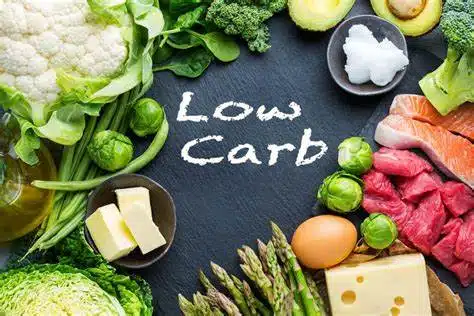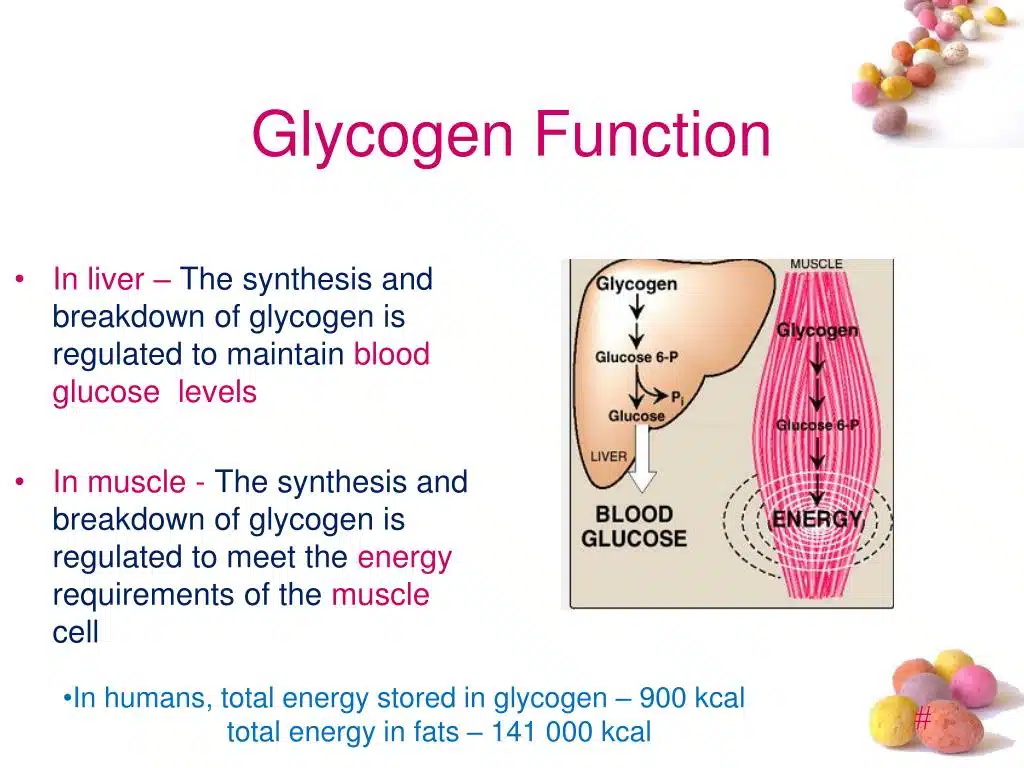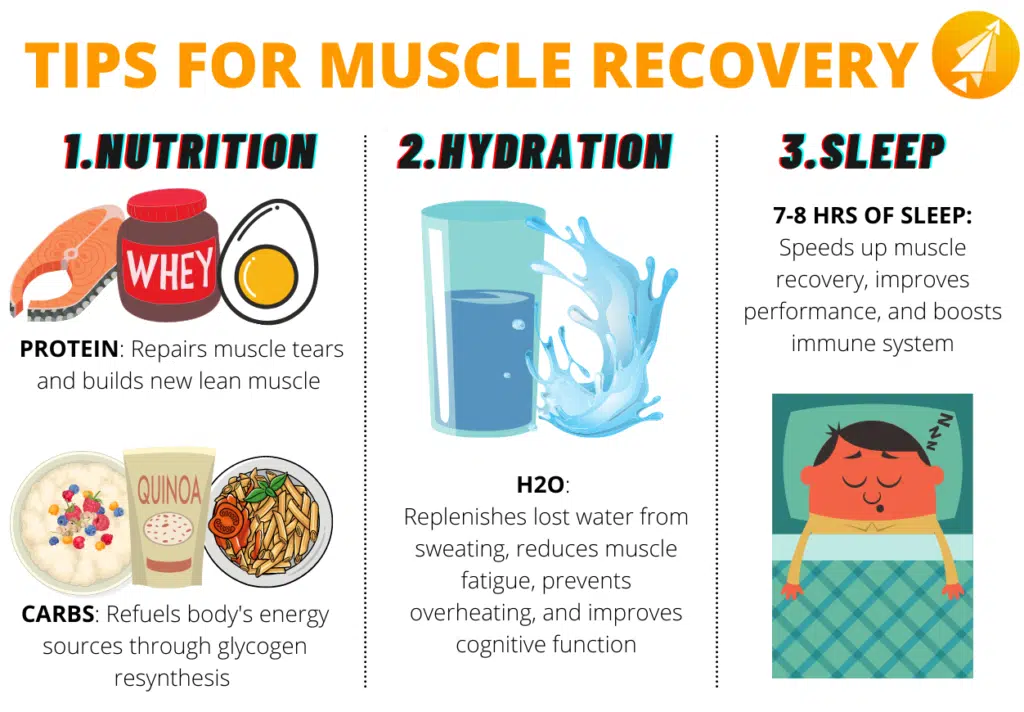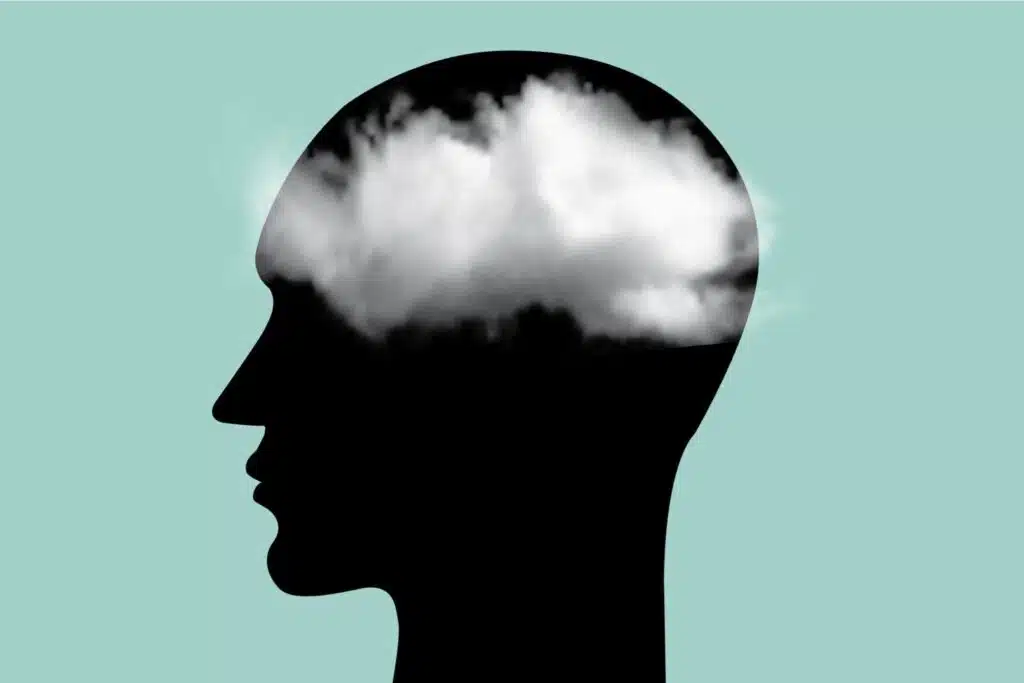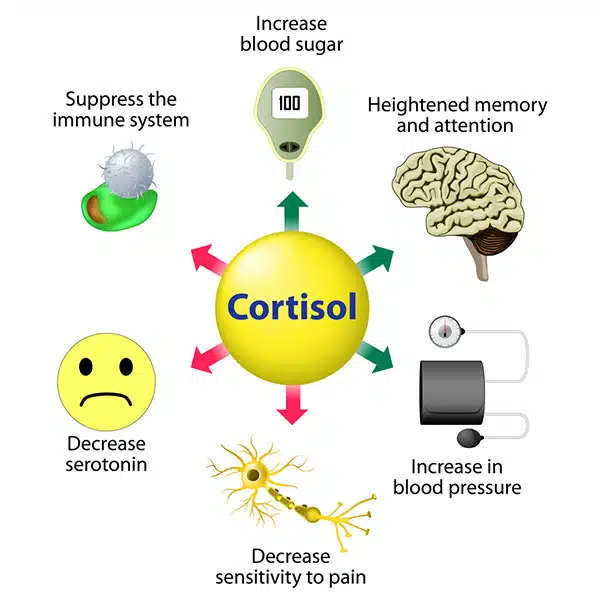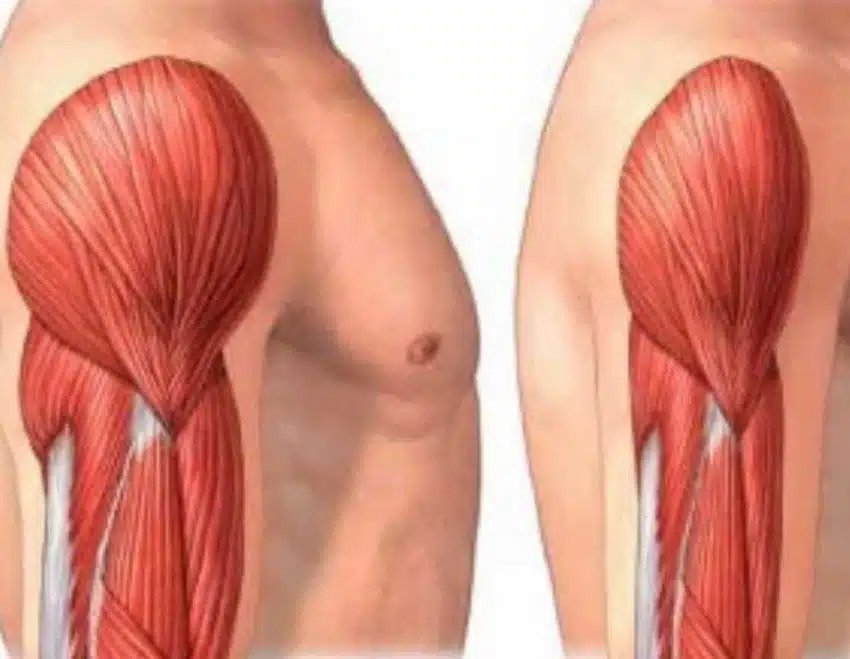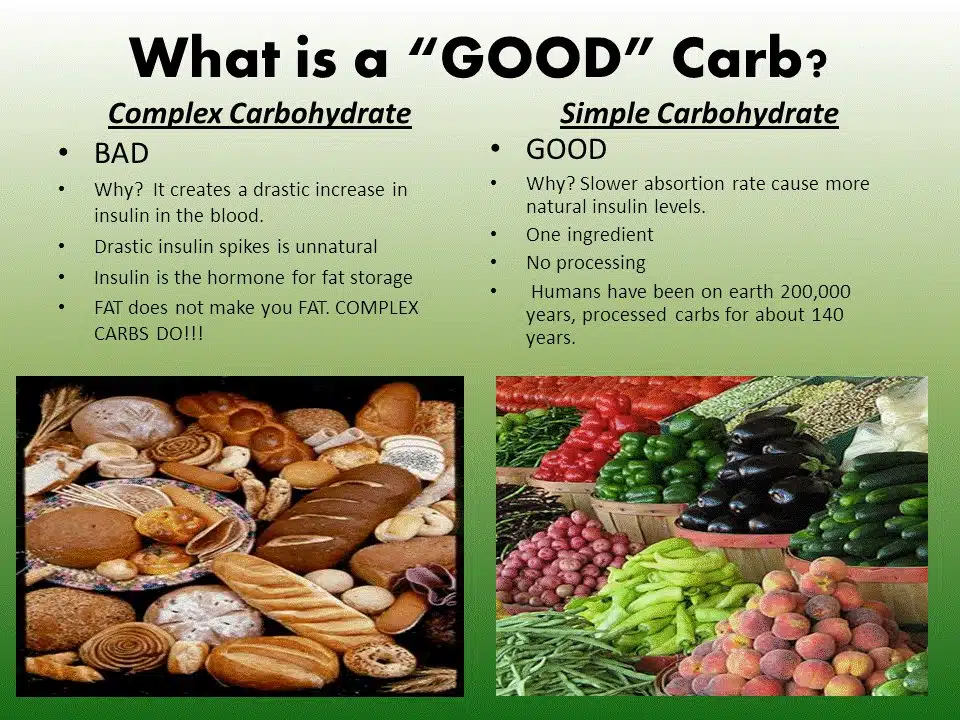Diet, health & well-being, Lifestyle, Motivation
5 Reasons Why Cutting Too Many Carbs from Your Diet May be Killing Your Workout & Fitness Gains
A low-carbohydrate diet may not be optimal for all types of workouts and athletes due to the role of carbohydrates in providing energy, especially for high-intensity and endurance activities. Carbohydrates are the body’s preferred source of fuel, and they are stored in the muscles and liver as glycogen. When you engage in physical activity, especially activities that require quick bursts of energy or sustained effort, your body relies on glycogen to meet the energy demands. Here are a few reasons why a low-carbohydrate diet might not be effective for those with a consistent workout regimen:
1. Limited Glycogen Stores
With a low-carbohydrate diet, glycogen stores are reduced. This can result in fatigue, decreased exercise performance, and a lack of energy during high-intensity workouts. The last thing we all want is to go to the gym and waste or time by getting in subpar workouts, right?
2. Delayed Recovery
Carbohydrates play a role in recovery by replenishing glycogen stores and aiding in muscle repair. In the absence of sufficient carbohydrates, recovery may be delayed, and the risk of muscle soreness and fatigue increases. For increased muscle recovery, growth, and repair, combine protein with carbs, along with adequate fluids post workout. A hydrated and fuller muscle equates to a stronger muscle.
3. Reduced Mental Focus
The brain relies on glucose (a form of carbohydrate) for energy. Inadequate carbohydrate intake can lead to decreased mental focus, concentration, and overall cognitive function, which are crucial for effective workouts.
4. Cortisol Levels Raise, While Testosterone Levels Lower
Research consistently stresses the need for people that exercise regularly to consume enough carbs, or their testosterone levels will dip while their cortisol levels raise. This is a huge problem, because consistently elevated cortisol levels can cause muscle loss, as it is a catabolic hormone. Muscle loss and fat gain is the opposite of what we want. A lack of adequate carbs in the diet can also induce excessive training stress on the body.
With further regards to hormone disruptions to a lower carb diet, active women have proven to be more susceptible to these negative effects. This can be due to the need for women to have a higher amount of body fat and nutrients due to pregnancy. A myriad of other hormonal effects that active women can face include:
- A delayed menstrual cycle
- Lowered fertility
- Hypoglycemia and blood sugar swings
- Increased body fat
- Loss of bone density
- Anxiety, depression, and other mental health problems
- Chronic inflammation and pain
- Chronic fatigue and disrupted sleep
5. Potential Muscle Loss
When we think about avoiding muscle loss, it is always of primary importance to keep protein intake high, as it has a muscle sparing effect. However, research has shown that significant lowering your carb intake can effect muscle mass even if your protein intake remained constant. A newer study from the Netherlands compared three different types of diets:
A high carb diet(85% carbs)
A moderate carb diet(44% carbs)
A low carb diet(2% carbs)
All of these diets had the same amount of calories and total amounts of calories from protein-15%. The discovery was that T3 and reverse T3 levels remained the same with the high and moderate carb intake, whereas T3 & reverse T3 levels decreased on the low carb diet. What we can take away from these results are that low carb diets increase muscle breakdown because severely low carbs reduce insulin levels. You may be wondering what insulin has to do with muscle building. It is actually a crucial muscle building hormone. This is because when you get enough carbs to meet your needs, you create an anabolic hormonal environment via the replenishment of muscle glycogen stores. This means you are in a favorable state for optimal growth, repair, and recovery.
Why Carbs Get a Bad Rep
In conclusion, not eating enough carbs can lead to lowered T3 levels, disrupt cortisol to testosterone ratios, interfere with women’s hormonal balance, yield muscle loss, and prevent muscle gains. Despite all of this, there is still a widespread notion in the fitness industry that low carb diets are better for weight loss. So whats the deal? Well, lets delve into the reason why carbs are often so demonized. High carbs lead to increased insulin, which then leads to fat storage. Lower carbs keep insulin low, which people think will get you lean despite eating chicken wings, butter, and a whole bag of peanuts. The reason why low carb diets appear so effective in theory is because even though they do lead to quick weight loss initially, it is mostly water weight and glycogen. However, in the long run, any differences between low carb diets and other diets even out.
A more effective method for burning fat and building muscle is a moderate to high carb diet PAIRED with high proteins. Protein has a higher thermogenic effect, meaning that our bodies have to rev up our metabolism just to digest these foods. In fact, a recent study compared two groups over a 6 week study: a group that ate 40% of their calories from carbs, vs. a group who ate only 5% of calories from carbs. The group with the moderate carb intake lost a greater amount of body fat than the lower carb group(5.5 kg vs. 3.4 kg).
Who Needs Carbs, and Who Doesn’t?
First off, carb intake can vary drastically depending on activity level and exercise tolerance. For example, about 3% of the population are ultra-endurance athletes, and will flourish when consuming a very high carb intake(70+% of total calories). About 70% of the population will do well with 45-65% of total calories coming from carbs.
A small percentage of the population will do well eating less carbs. For example, the ketogenic diet is usually prescribed to those with epilepsy, and this diet can also other neurological disorders like Parkinson’s and Alzheimer’s disease. Extremely sedentary people with metabolic syndrome that are just beginning to transition into a mote active lifestyle will typically do best with lower carbs for the time being, and can begin to gradually bump up carbs as they become more fit.
If you are currently feeling very sluggish during your workouts and feel like your body is rather flat looking with your current carb intake, I would recommend bumping up your carbs by 30 g for a couple weeks. Reassess your energy and physique after that time frame. If it’s good, you’ve found your sweet spot. If not there yet, continue to increase carbs by 20-30 g in 2 week increments.
Conclusion
Carbohydrates should NOT be demonized or frowned upon. They serve you more than they harm you. They support muscle repair, recovery, and growth by replenishing glycogen stores and increasing testosterone levels. In addition, they reduce cortisol levels while helping to boost mood and promote deeper sleep. If you’re seeking weight loss, try to keep your carbs and protein on the higher side while dropping fats. Of course, you need to make sure you’re still eating in a calorie deficit. The same can be said for bulking, but eat in a surplus instead. Complex carbs like oatmeal, brown rice, sweet potatoes, etc. are healthier than processed simple sugars like cakes, pastries, white breads, etc. Just remember one thing: CARBS ARE NOT THE ENEMY :).

